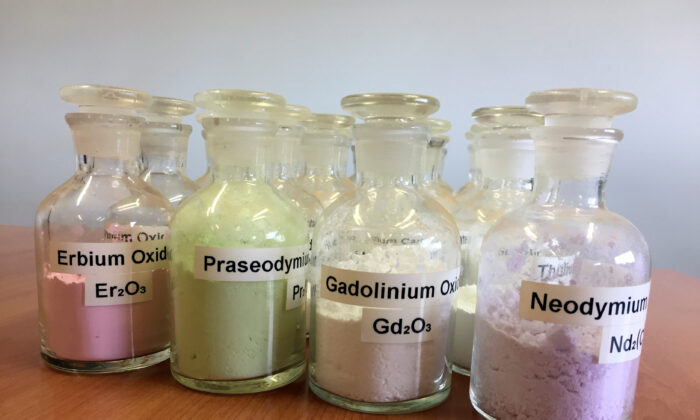The Australian government will invest nearly $22 million (US$14. 8 million) in three rare earth projects led by well-known research institutes. Rare earth minerals are a group of 17 elements that are vital in the manufacture of a wide range of products, from electric cars, batteries and renewable energy infrastructures, to military equipment.
Specifically, the government will award the Australian Nuclear Science and Technology Organisation (ANTSO) $13. 9 million to research how to discover, extract, and process rare earth minerals from lower-grade deposits. Another $5.
2 million will be set aside for a project by the Commonwealth Scientific and Industrial Research Organisation to expand the value chains of lithium and other rare earth minerals as well as increase the value of tungsten ores and refractory metals. “The West outsourced a lot of this work to China, so good on them, they invested in the technology, refiners, and processing, and made themselves indispensable for the future of green technologies. ” The minister also elaborated on how depending too much on China for critical minerals has put the West in a vulnerable position.
“We know you can get these minerals, but we just didn’t do it ourselves because we hadn’t needed to because we got them from somewhere else,” she said. “Now that has changed because China has banned their export. So, we do have to look at how we extract them from bauxite in an economic fashion.
“Having an over-reliance on one supplier of any one good or technology puts you in a vulnerable position, and that’s what we want to change. ” The move caused the prices of gallium metal to soar as China accounted for 80 percent of the gallium production in the world, and 60 percent of germanium. In August, the Chinese Communist Party (CCP) introduced new restrictions requiring traders to report real-time export information on rare earths.
Under the new rules, exporters had to disclose details such as the destination, quantity, shipping particulars, and other transaction information to the Chinese Ministry of Commerce, allowing Beijing to have a firmer grip on the outflow of critical minerals. While some experts believed Beijing’s tightening control was a wake-up call for the West amid growing tension between the two sides, others did not think the communist regime would be successful with its strategy. He pointed out that despite the word “rare” in the name, rare earth elements were much more abundant than both silver and gold.
Nevertheless, the mining and refinement of these metals are environmentally problematic, resulting in China gaining the upper hand in the international value chain due to disregard for the environmental impact of rare earth refining operations. “China’s current dominance cuts two ways. As long as China keeps sales unimpeded, the world will remain willing to let matters stand as they are,” Mr.
Ezrati said. “But if Beijing too frequently, actively, and severely denies users these vital materials, China will lose that position of dominance, for it’s a good bet that the developed West and Japan would, in such cases, cultivate other sources and develop refining techniques acceptable to their more environmentally sensitive dispositions. ”.
From: theepochtimes
URL: https://www.theepochtimes.com/world/australia-invests-22-million-in-3-rare-earth-projects-to-counter-beijings-export-ban-5560289



